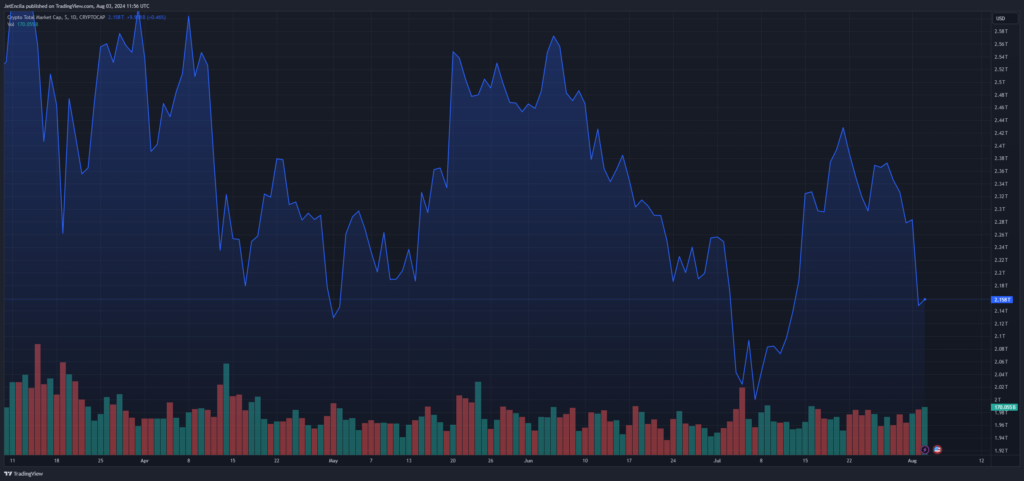A UN report reveals that the Islamic State is pushing for Sharia-compliant cryptocurrency to fund its terrorist activities.

A new report has revealed that the Islamic State (IS) group is now advocating for the use of cryptocurrency to support its terrorist operations, provided that it adheres to the principles of Sharia law. This was a surprising development.
The research, which was compiled by the UN’s Analytical Support and Sanctions Monitoring Team, demonstrates that IS associates are increasingly requesting Sharia compliance reviews for the digital assets they rely on to support their activities.
This is a significant development, as Sharia law has consistently opposed cryptocurrency. The comprehensive guidelines that IS provides to its associates regarding crypto transfers are furtheremphasized in the UN report.
In order to facilitate these transactions, the terror group has established specialized channels on the Telegram messaging service, including Umma Crypto and CryptoHalal.
Sharia law, the religious law that originates from Islamic beliefs, has been in conflict with cryptocurrency for an extended period.
In the past, Sharia values have been incompatible with digital assets due to their widespread use in gaming and other illicit activities and their distributed nature.
However, the UN assessment suggests that IS is currently seeking compromises to facilitate the Sharia-compatibility of cryptocurrencies. To ensure that the funds are not utilized for illicit activities or to support terrorism, it may be beneficial to implement more stringent regulations and monitoring.

The entire bitcoin market may be significantly impacted by the Islamic State’s advocacy for Sharia-compliant crypto. An increase in the number of terrorist groups and other unlawful entities attempting to utilize digital assets may result in a greater demand for additional control and monitoring of the crypto ecosystem.

In order to prevent their platforms from being used to finance terrorism, exchanges, wallet providers, and other cryptocurrency service providers may be required to implement more stringent know-your-customer (KYC) and anti-money laundering (AML) policies.
This could potentially lead to increased compliance costs and a reduction in the availability of cryptocurrencies for legal consumers.
The Islamic State’s increasing demand for Sharia law concessions for cryptocurrencies underscores the ongoing efforts of terrorist organizations to exploit digital resources for their malevolent purposes.
The role of regulators, law enforcement, and industry actors will be particularly critical in mitigating the risks associated with terrorist funding and other illegal activities as the crypto sector evolves.
It is imperative that we maintain a secure and robust crypto environment that is not susceptible to the misuse of evil actors, as the UN study serves as a reminder.
